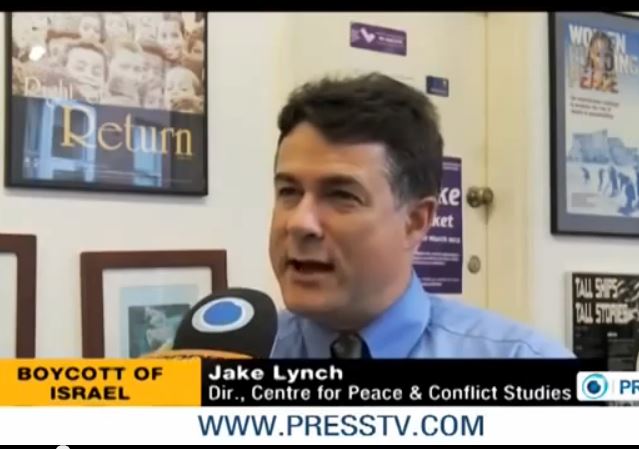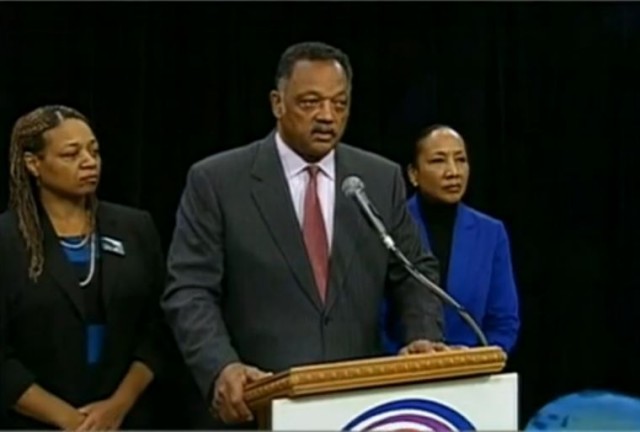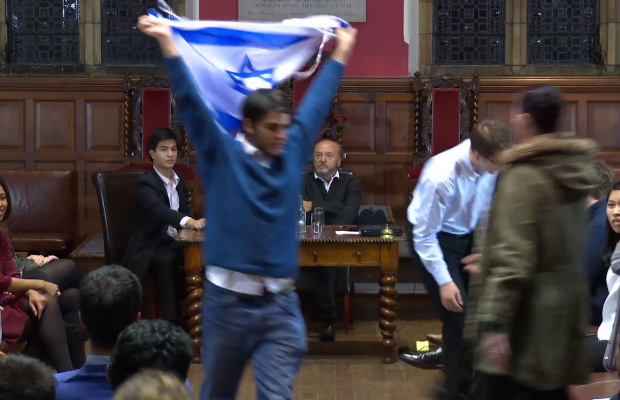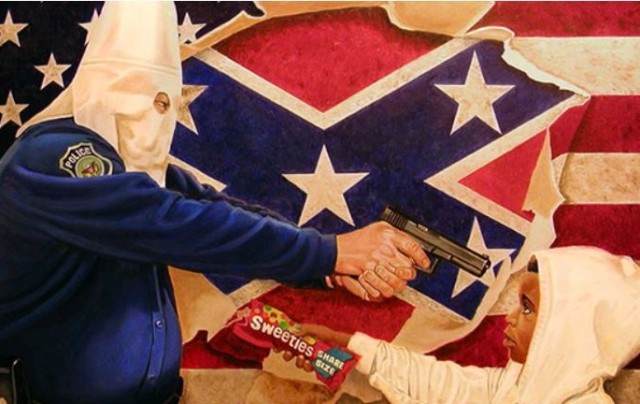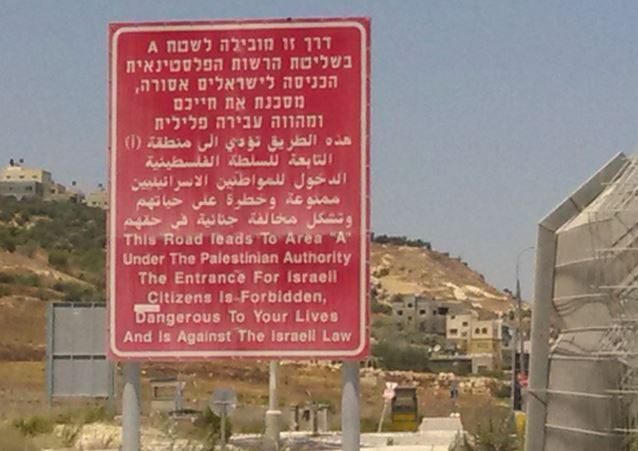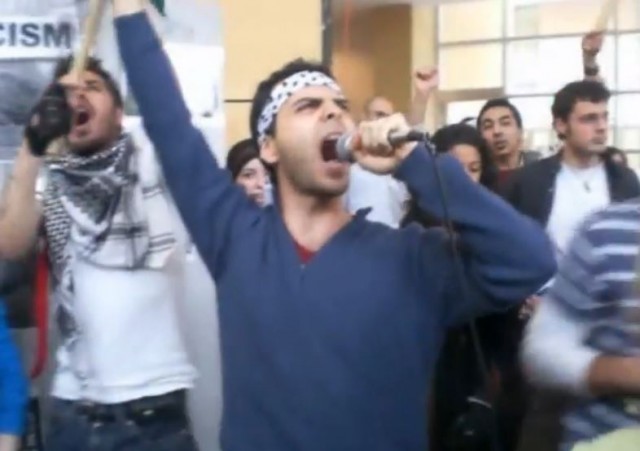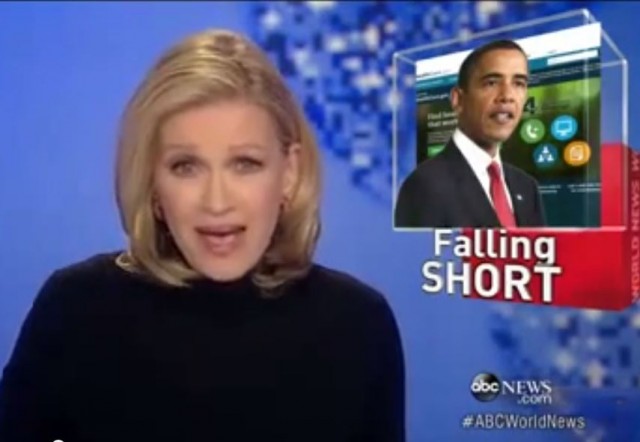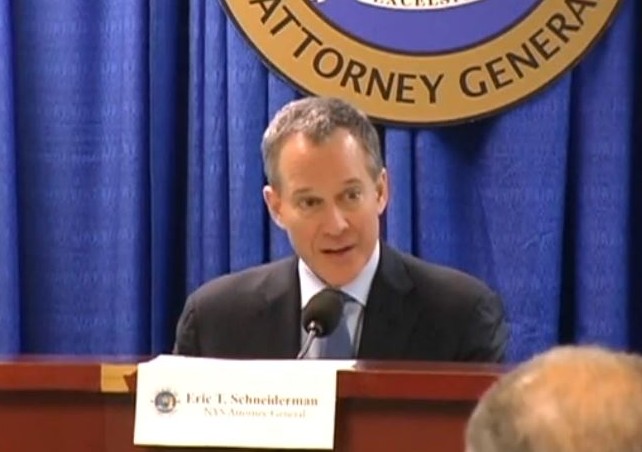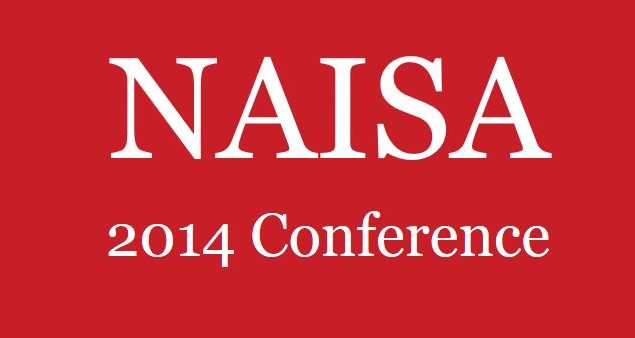Setting off an academic boycott is something like going nuclear. Once you set it off, it's hard to know where the damage to academia stops. For every action there is a reaction.
That is why so many University Presidents so quickly have rejected the American Studies Association anti-Israel academic boycott. If left in place, academic BDS can and will set off a daisy chain of retaliation and demands for counter-BDS.
The people behind the ASA anti-Israel academic boycott went nuclear, with great joy and high-fiving.
Now there is a reaction and the boycotters are whining that the fierce pushback
violates their academic freedom, and they are begging their friends for help.
This same group also has
threatened to sue fellow professors and administrators who criticize them (in their words "intimidate"), and erroneously characterized vigorous disagreement as harassment.
These folks, who easily make false and inflammatory statements against Israel and seek to damage Israeli educational institutions and faculty, seem to feel they are immune from strenuous criticism.
They haven't received half of what they have dished out to Israeli academia. So far, no one has done unto the ASA boycotters what the ASA boycotters did unto Israeli academics.
How would these anti-Israel academic boycotters feel if they were subject to boycott, divestment and sanction?
We know how they would react, considering how they cannot even stand criticism.
We also have an example from Australia where Prof. Jake Lynch, who very publicly would not help an Israeli researcher with a grant application as part of BDS now is complaining when his own grant application possibly (speculatively) was denied by someone who opposed BDS.
Jake Lynch is a well-known BDSer:


